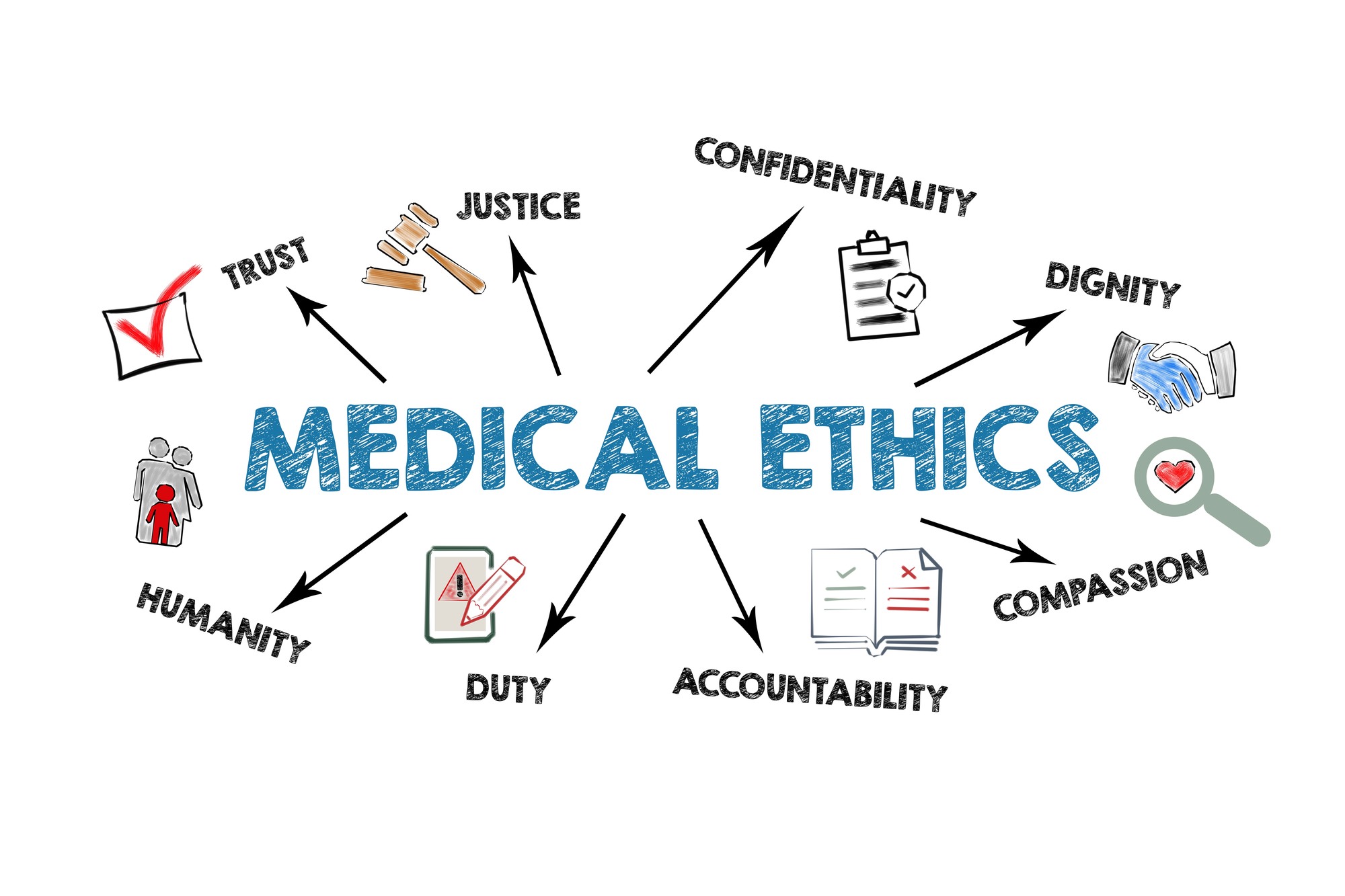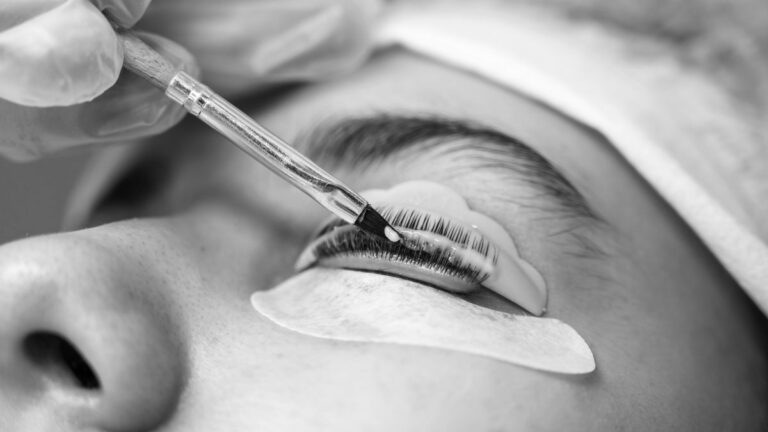State the Importance of Completing Treatment Records for Safe, Legal, and Effective Care
State the Importance of Completing Treatment Records is often underestimated, yet it is one of the most crucial aspects of professional practice in healthcare, therapy, and even beauty salons. Treatment records are far more than simple notes; they are the backbone of safe, effective, and legally compliant services. Without accurate and complete records, the quality of care or service delivery is significantly compromised.
In the UK, both medical and salon industries rely heavily on record keeping to safeguard clients, meet legal requirements, and maintain professional accountability. Whether a nurse updating a patient’s chart or a beautician recording a client’s patch test results, the principle remains the same. Completing treatment records thoroughly ensures trust, safety, and protection for both the provider and the client.
Understanding Treatment Records
Treatment records are detailed documents that track the services or care provided to a client or patient. In healthcare, these may include medical histories, prescribed medications, and progress notes. In salons, they may contain allergy information, previous treatments, or client preferences. Regardless of the setting, records act as a reliable reference point that supports informed decisions.
The role of these records cannot be overstated. They provide clarity and structure, allowing professionals to review past actions and plan for future treatments. State the Importance of Completing Treatment Records becomes evident when considering that a single overlooked detail could lead to mistakes, client dissatisfaction, or even serious harm. Thorough record keeping is, therefore, a non-negotiable part of professional practice.
State the Importance of Completing Treatment Records for Clients
For clients, accurate records ensure their journey is seamless, safe, and tailored. Healthcare providers and salon professionals alike rely on documented histories to avoid repeating mistakes, prevent adverse reactions, and deliver personalised care. A record showing how a client responded to a past treatment enables professionals to adapt and improve their future services.
Safety is another vital benefit. State the Importance of Completing Treatment Records lies in the fact that they protect clients from unnecessary risks. A simple note about an allergy or a medication could prevent a dangerous reaction. Similarly, in beauty treatments, recording patch test results and previous services ensures that the client is never exposed to avoidable harm.
Professional Responsibility and Legal Significance

Professionals across industries have an ethical and legal duty to maintain accurate records. In the UK, healthcare practitioners are required to comply with NHS and Health and Care Professions Council (HCPC) standards, while salons must follow industry and insurance guidelines. These frameworks highlight that record keeping is not optional—it is a core part of safe practice.
From a legal perspective, treatment records act as vital evidence. If a complaint or legal dispute arises, clear records provide proof of what was done and why. This protects professionals from false claims and demonstrates their accountability. State the Importance of Completing Treatment Records becomes especially powerful here, as it shields careers, reputations, and businesses from potentially damaging consequences.
Importance of Completing Treatment Records in a Salon Setting
Salons may not always seem as high-stakes as healthcare environments, but accurate records are just as important. Every client brings unique needs, and without proper documentation, a beautician may unknowingly repeat a treatment that caused a negative reaction or ignore a vital medical condition. This can put client safety at risk and jeopardise the salon’s reputation.
Beyond safety, records in salons also support long-term business growth. Clients value the personal touch when their preferences and history are remembered. State the Importance of Completing Treatment Records in a salon extends beyond compliance—it builds loyalty and trust, ensuring clients return with confidence that their wellbeing is always prioritised.
Communication and Team Collaboration
Treatment records are also essential tools for communication within professional teams. In hospitals, they allow nurses, doctors, and specialists to work seamlessly together, each having access to the same updated information. In salons, multiple staff members can provide consistent services by reviewing client records, ensuring the same quality of care is delivered every time.
Collaboration improves dramatically when records are detailed and accurate. State the Importance of Completing Treatment Records is closely linked to teamwork, as they allow professionals to avoid duplication, reduce errors, and ensure efficient service delivery. A shared understanding of a client’s history promotes both safety and effectiveness in any professional setting.
Consequences of Poor or Incomplete Record Keeping
Neglecting proper record keeping carries serious consequences. Incomplete or sloppy records can lead to errors that put clients in danger, such as administering incorrect treatments or overlooking allergies. In healthcare, this could mean life-threatening mistakes; in salons, it could mean severe reactions or lasting dissatisfaction.
There are also legal and financial risks. Without accurate records, professionals may struggle to defend themselves in case of complaints or claims. Regulatory bodies can impose penalties, and reputations can be damaged beyond repair. State the Importance of Completing Treatment Records highlights how incomplete notes affect not only client safety but also professional credibility and success.
Best Practices for Completing Treatment Records
To achieve the highest standards, professionals must adopt best practices in record keeping. Notes should be made immediately after treatments to ensure accuracy and prevent details from being forgotten. Language must be clear, factual, and objective, avoiding unnecessary jargon or ambiguity. This helps create reliable records that can be referred to with confidence.
Confidentiality is equally important, especially under GDPR regulations in the UK. Whether using paper files or digital systems, records must be stored securely to protect client privacy. Digital records often provide better organisation and accessibility, but the principle remains the same. State the Importance of Completing Treatment Records reminds us that accuracy, timeliness, and confidentiality are the pillars of professional record keeping.
Conclusion
State the Importance of Completing Treatment Records cannot be overlooked in any industry. From protecting client safety and ensuring continuity of care to providing legal protection and supporting professional communication, records serve as the foundation of trustworthy and effective practice. They are not merely administrative tasks—they are essential safeguards.
By maintaining complete and accurate treatment records, professionals build trust, protect their careers, and deliver consistent quality. Whether in healthcare or salon environments, records prove that the client’s wellbeing is always at the heart of every service. Completing treatment records is, therefore, a responsibility that should be embraced with diligence and care.
FAQs
Why is it important to complete treatment records?
Completing records ensures safety, continuity of care, and compliance with professional standards.
What is the importance of completing treatment records in a salon?
In salons, records protect clients from risks, track treatment history, and build trust and loyalty.
Are treatment records legally required in the UK?
Yes, both healthcare and beauty professionals must maintain accurate records to meet legal and insurance obligations.
How long should treatment records be kept?
Typically, records should be retained for several years, depending on the industry and legal requirements.
What happens if treatment records are incomplete?
Incomplete records can cause safety hazards, legal problems, and damage to professional credibility.
You May Also Read: Sensory Stories for Autism, SEN and PMLD







